We are gearing up for another conclave which will be organised in IIM Bangalore on 25th and 26th November 2022. Sign up below to know more on the sessions and speakers this year.
Register for Impact Failure 2022!Failures are never absolute failures, they have hidden successes as steps that can help reveal relevant and significant learnings.
and why we don't
think about it?
Success stories and model projects are always discussed. Discussing failures openly will result in building efficient and higher impact solutions.
The aim of the platform is to provide an in-depth and open discussion about the role of failure in the development space. The goal is also to celebrate learnings that emerge from failures and the impact that can be created through the learnings.
The platform will bring to the forefront failed programs/projects/funding/enterprises in a new light- by analysing the point of failures to create new lessons that can adapted to other scenarios for higher success rates.
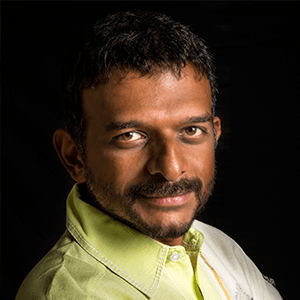
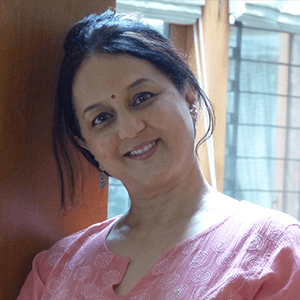
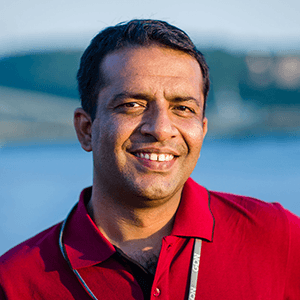
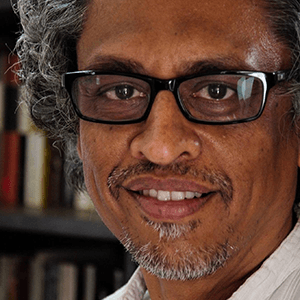
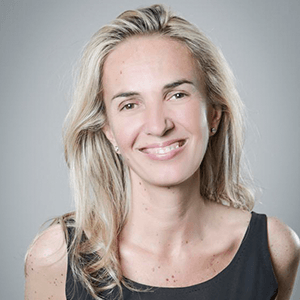
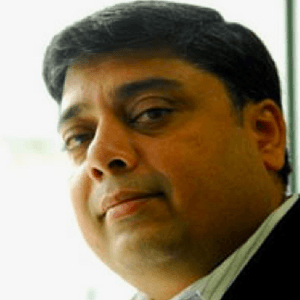
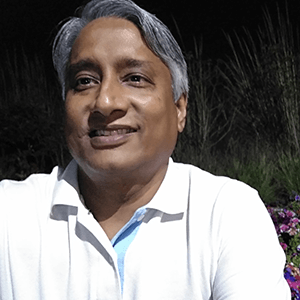
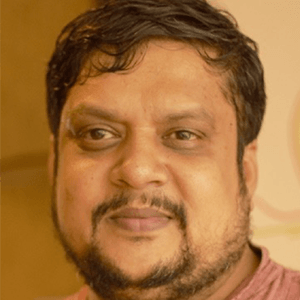
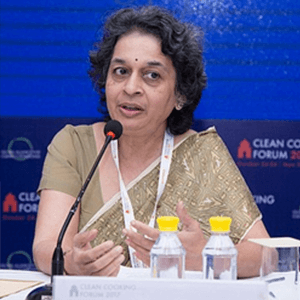
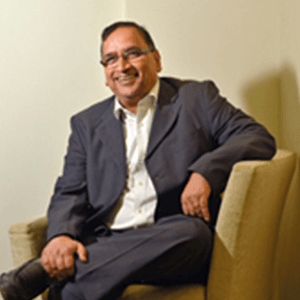
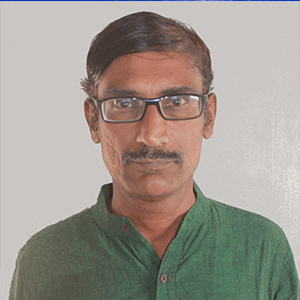
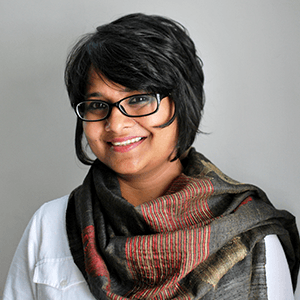
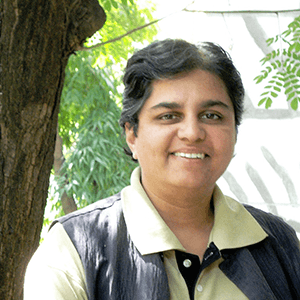
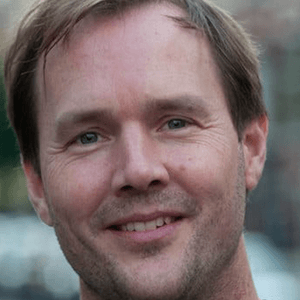
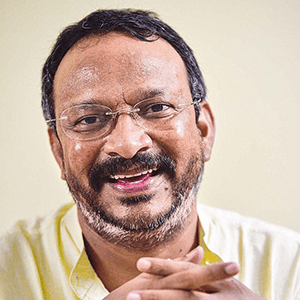
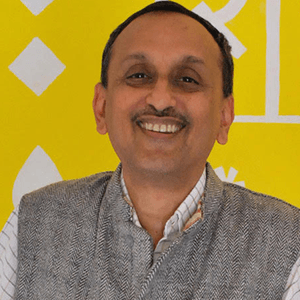
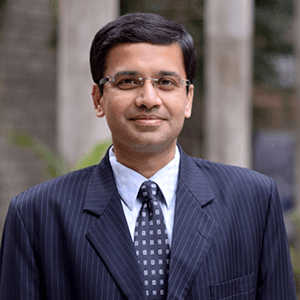
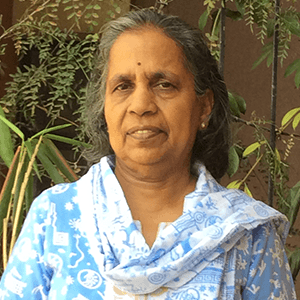
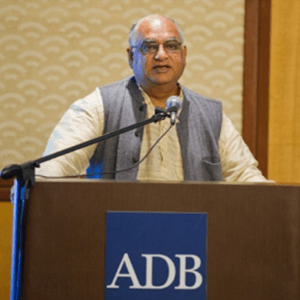
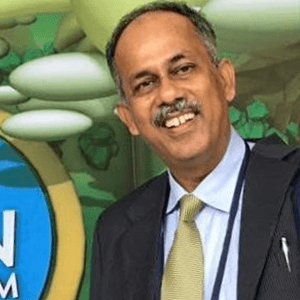
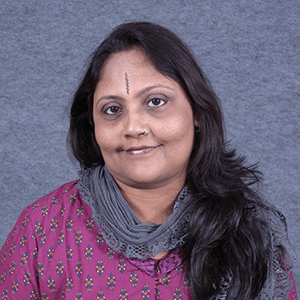
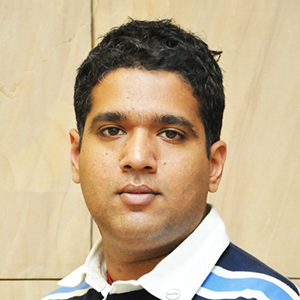
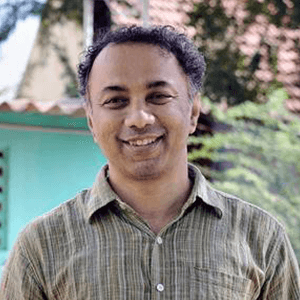
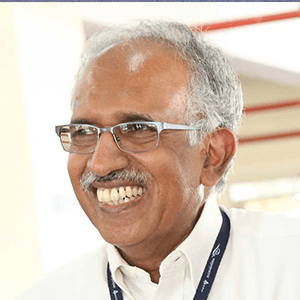
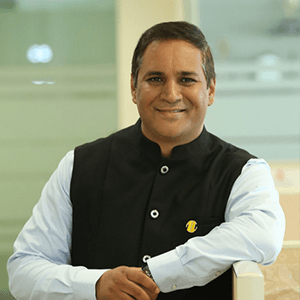
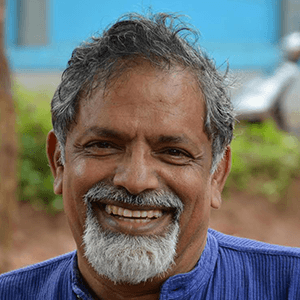
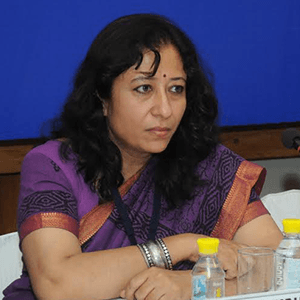
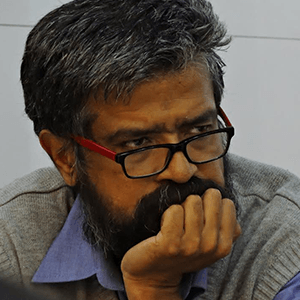
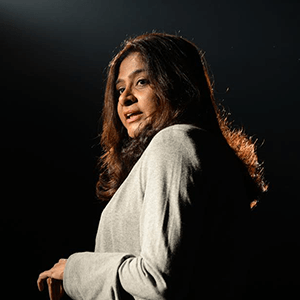
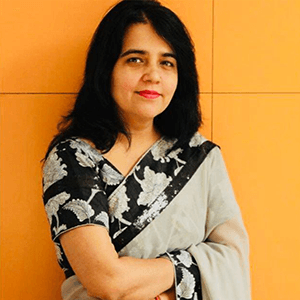
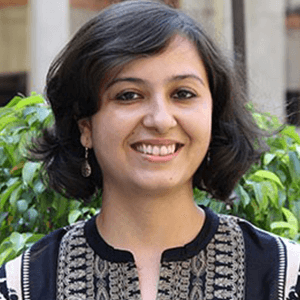
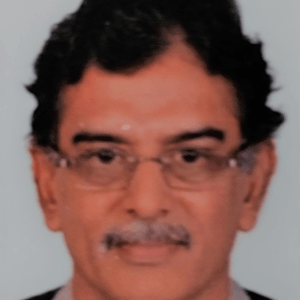
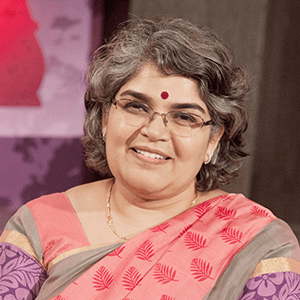

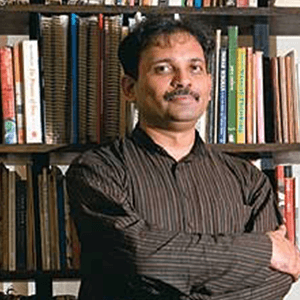
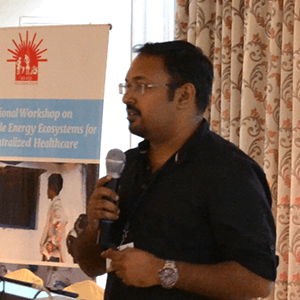
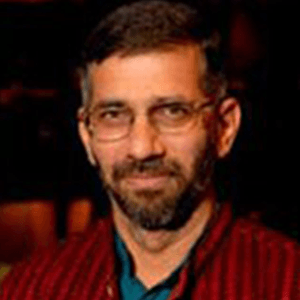
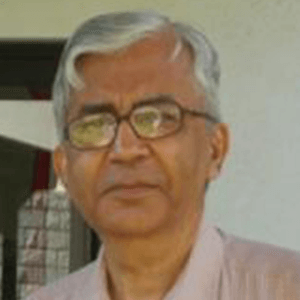
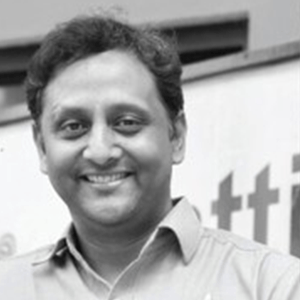
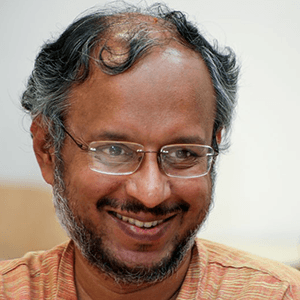
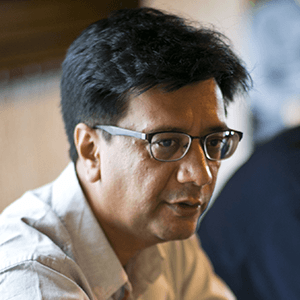
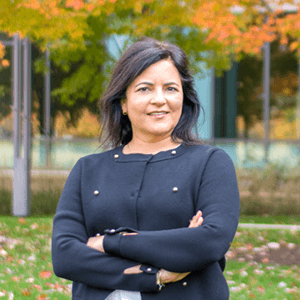
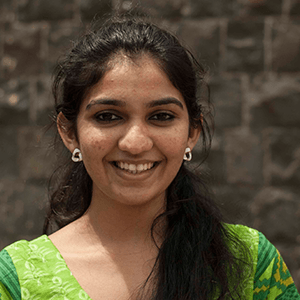
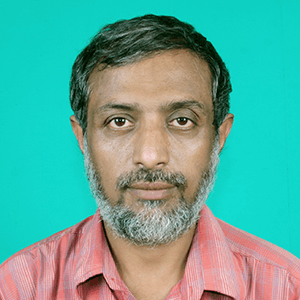
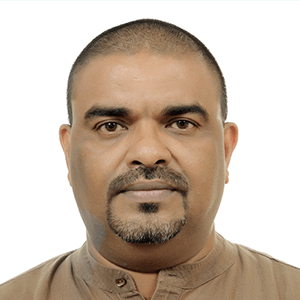
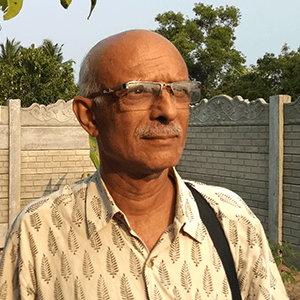
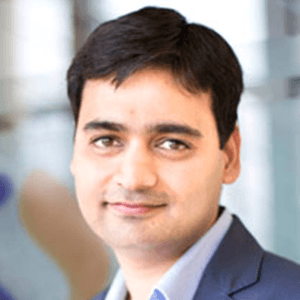

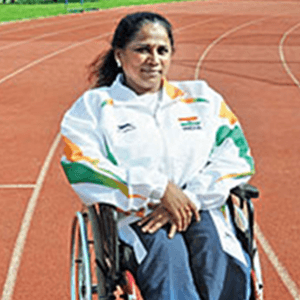
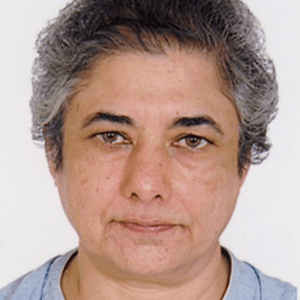
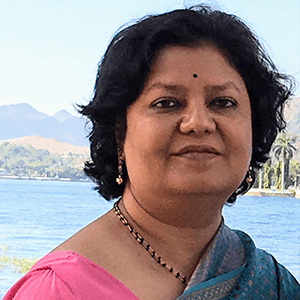
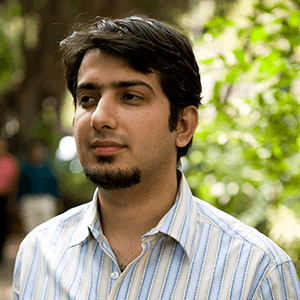
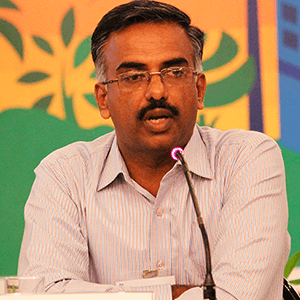
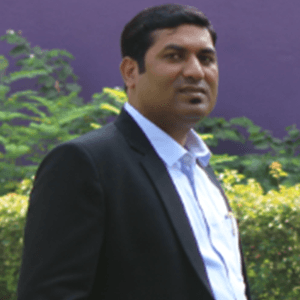
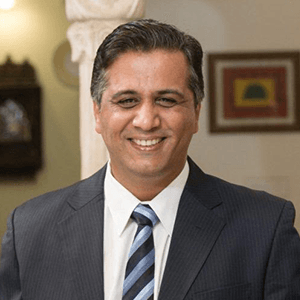
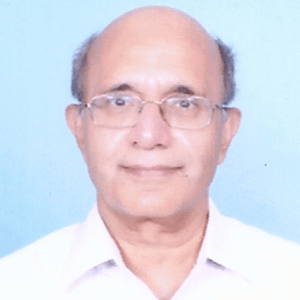
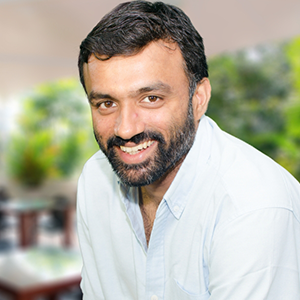
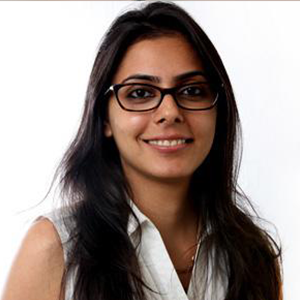
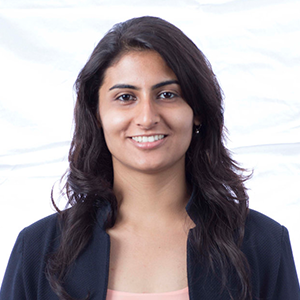
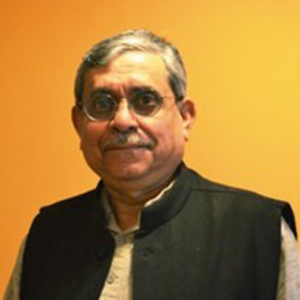
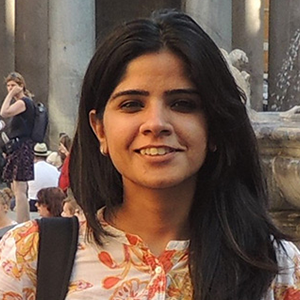
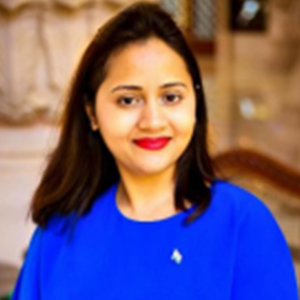
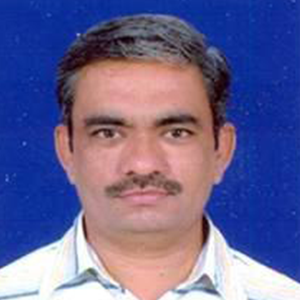
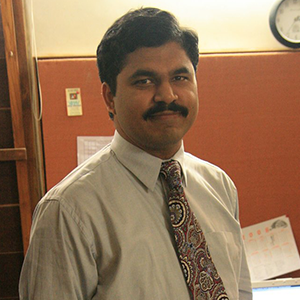
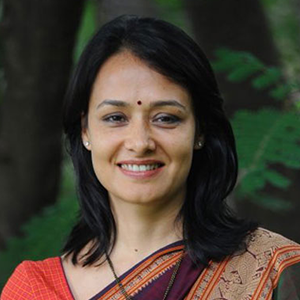
| Opening Speaker | |
| Panel 1: Need for identifying and capturing failures Increasing appetite for discussion of failures in the sector- how do we celebrate, dissect and maximize the learning from failures |
|
| Panel 2: Failures in Philanthropy Through specific examples of failed grant driven projects/programs, the panelists critically look back and bring out specific learnings for philanthropic organizations |
Read Article |
| Session 1: Livelihood Designing for Growth and Resilience: Presenting failures from different vantage points- operational to ecosystem |
|
| Session 2: Health Designing for Rural Health Delivery Models: Failures in effectively bridging the last mile gaps in healthcare |
Read Article |
| Session 3: Built Environment Provision to Utility: Failures in delivering built environment specific to need |
Read Article |
| Closing Speaker |
| Opening Remarks | |
| Panel 1: Types of Failures Defining the spectrum of failures: Building in a sophisticated understanding of failure’s causes and contexts to avoid the blame game. |
|
| Panel 2: Investment and Entreprenuership One cannot take the ‘risk’ away from Entrepreneurship and Investment- but can opening about failures result in more intelligent risks? |
Read Article |
| Session 1: Energy Access Product Based Approach to Process Based Approach: Failures in matching technology with context |
Read Article |
| Session 2: Education Scaling Sustainably: Failures in ensuring numbers through scale while ensuring the ‘quality’ of those numbers |
Read Article |
| Session 3: Water Designing for micro to macro: A slight shift in the ecosystem, and the whole model fumbles- Why water access models fail? |
|
| Closing Panel Reflections and Summary |
|
| Closing Speaker |
What is the role of philanthropy? Have we become too caught up in our notions of failure? If philanthropy doesn’t take risks, who will? Do we get too caught up with the numbers?
For Pakzaan Dastoor of Dasra, these were the questions surrounding her perception of failure in philanthropy...
How do we know if we’re actually on the right path? What does it take for us to realise that things are not as ideal as they seem? If it’s not broken, is it truly wise to not fix it?
Thulasiraj of Aravind Eye Care is one person with a rather unconventional failure- one of a certain type of stagnation...
What do failures look like in a public-private partnership? Is there an ideal way to deal with communities in such a set-up? Where does the responsibility of the government end in such a dynamic?
These were questions Bijal Brahmbhatt of the Mahila Housing SEWA Housing Trust was forced to confront with a project that revolved around the rehabilitation of a slum in Ahmedabad...
“Why do governments pursue policy that works against their self-interest?” says Gauthama quoting Barbara W. Tuch, in an effort to draw a distinction against folly and mistakes.
Can there be suitable outcomes when we start off on the wrong foot? Of what use is micro-managing when the original plan is questionable?...
The first step to learn from your failure is to decode it. Understanding the type of failure helps you find a course for correcting it.

SELCO Foundation seeks to inspire and implement solutions that alleviate poverty by improving access to sustainable energy to underserved communities across India in a manner that is socially, financially and environmentally sustainable.
Know More